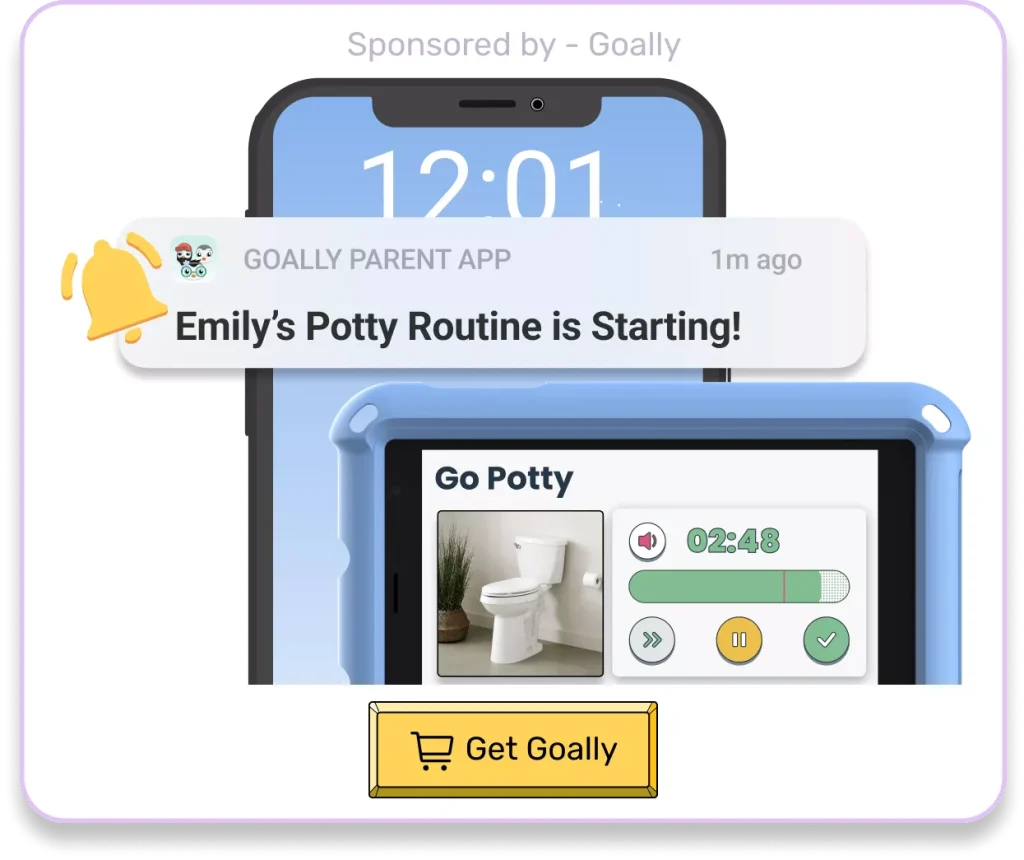As a licensed practitioner who works closely with kids, I’ve seen firsthand the worries and concerns parents face when it comes to their child’s development. One question that often arises is whether their toddler might be autistic. While it’s important to be vigilant and address any potential signs of autism early on, it’s equally crucial to recognize when your child is displaying typical developmental behaviors. In this blog post, I’ll share with you five key signs that suggest your toddler is not autistic, helping you gain a clearer understanding of your little one’s growth and development.
Table of Contents
What is Autism?
Before we delve into the signs, let’s define what autism is. Autism, or autism spectrum disorder (ASD), is a neurodevelopmental condition characterized by challenges in social interaction, communication, and restricted or repetitive behaviors. It’s important to remember that autism is a spectrum disorder, meaning that the severity and presentation of symptoms can vary widely from person to person.
1. Age-Appropriate Social Interactions
One of the most promising signs that your toddler is not autistic is their ability to engage in age-appropriate social interactions. You might notice your child responding to social cues, such as smiling back when you smile at them or making eye contact during conversations. They may also start to understand and follow simple social rules, like sharing toys or taking turns with their playmates.
A study published in the Journal of Autism and Developmental Disorders found that typically developing toddlers showed more social engagement and joint attention behaviors compared to those with autism.

Read more: Why is Play Difficult for Children with Autism Spectrum Disorders?
2. Developing Language Skills
Another key indicator that your toddler is not autistic is their language development. While every child develops at their own pace, most typically developing toddlers will start babbling and using single words around 12 months of age. As they grow, they begin to form simple phrases and sentences, expressing their needs and wants.
If your child is consistently hitting these language milestones and using language to communicate with you and others, it’s a good sign that they are not autistic. However, if you notice significant delays or regressions in language development, it’s essential to consult with your pediatrician or a speech-language pathologist.
3. Showing Empathy and Affection
Toddlers who are not autistic often demonstrate emotional skills such as empathy and understanding others’ emotions. They may comfort a crying friend or sibling, or show concern when someone seems upset. Additionally, they express affection through physical gestures like hugs, kisses, and cuddles.
I once witnessed a heartwarming moment when a toddler noticed his friend was sad and offered him his favorite toy to cheer him up. These small acts of kindness and emotional awareness are strong indicators that your child is developing typically.

Read more: When Do Children Develop Empathy?
4. Engaging in Pretend Play
Pretend play and imaginative games are another area where typically developing toddlers shine. They enjoy acting out scenarios, using toys as props, and assigning roles to themselves and others. This type of play helps children develop creativity, problem-solving skills, and social interaction abilities.
| Age | Pretend Play Milestones |
|---|---|
| 18-24 months | Simple pretend play, such as feeding a doll or making a toy car “drive.” |
| 24-36 months | More complex pretend play, like setting up a tea party or playing “doctor.” |
If your toddler is happily engaging in pretend play, either independently or with others, it’s a positive sign that they are not autistic. Children with autism may struggle with imaginative play or prefer more repetitive, structured activities.
5. Responding to Their Name
Lastly, a significant sign that your toddler is not autistic is their ability to consistently respond to their name when called. Typically developing toddlers will turn their head, make eye contact, or show other signs of acknowledgment when they hear their name.
However, if you have concerns about your child’s responsiveness, it’s always best to consult with your pediatrician or a developmental specialist for further guidance.
Goally | Visual Scheduler for Autism
Does your child struggle with getting ready in the morning independently? Goally’s routine app on the best tablet for kids breaks down large tasks into small, achievable steps for autistic kids. Create custom routines with your own videos & pictures for every step.
While it’s natural to worry about your child’s development, recognizing the signs that your toddler is not autistic can provide you with peace of mind. Remember, every child is unique and develops at their own pace. However, if you have any concerns or notice red flags, don’t hesitate to reach out to your pediatrician for guidance and support.
Helpful Resources:
FAQs about Signs Your Toddler is Not Autistic
What are some signs that my toddler might not be autistic?
If your toddler frequently initiates social interactions with you, other adults, and peers, and shows an understanding of simple social cues like smiling or waving goodbye, these are positive indicators of typical social development.
Can a toddler be very verbal and still be autistic?
While some autistic toddlers may face challenges with verbal communication, a toddler who uses a wide range of vocabulary appropriately, engages in back-and-forth conversation, and understands jokes and expressions could indicate typical language development.
How do I know if my toddler's play is a sign they are not autistic?
If your toddler engages in varied, imaginative play that involves making up scenarios and roles, or includes interactive play with other children, this is generally a sign of typical social play development.
What does normal eye contact indicate about my toddler?
Consistent eye contact during interactions and an ability to follow your gaze to look at something interesting are good signs that your toddler is not showing one of the common signs of autism.
Should I be concerned if my toddler likes routines?
While many toddlers enjoy routines, those who are flexible when changes occur and do not become excessively distressed by minor changes are displaying behavior that is typical of their developmental stage.
This post was originally published on 06/06/2023. It was updated on 05/01/2024.
Emily is a seasoned blog writer for Goally, leveraging her extensive background in child psychology and special education to provide valuable insights and resources for parents. Her commitment to understanding and addressing the unique needs of these children, combined with her expertise in educational strategies, makes her a credible and empathetic voice for families.






